Home>Construction & Tools>Electrical and Plumbing Systems>Which EV Charger Is Suitable For Home
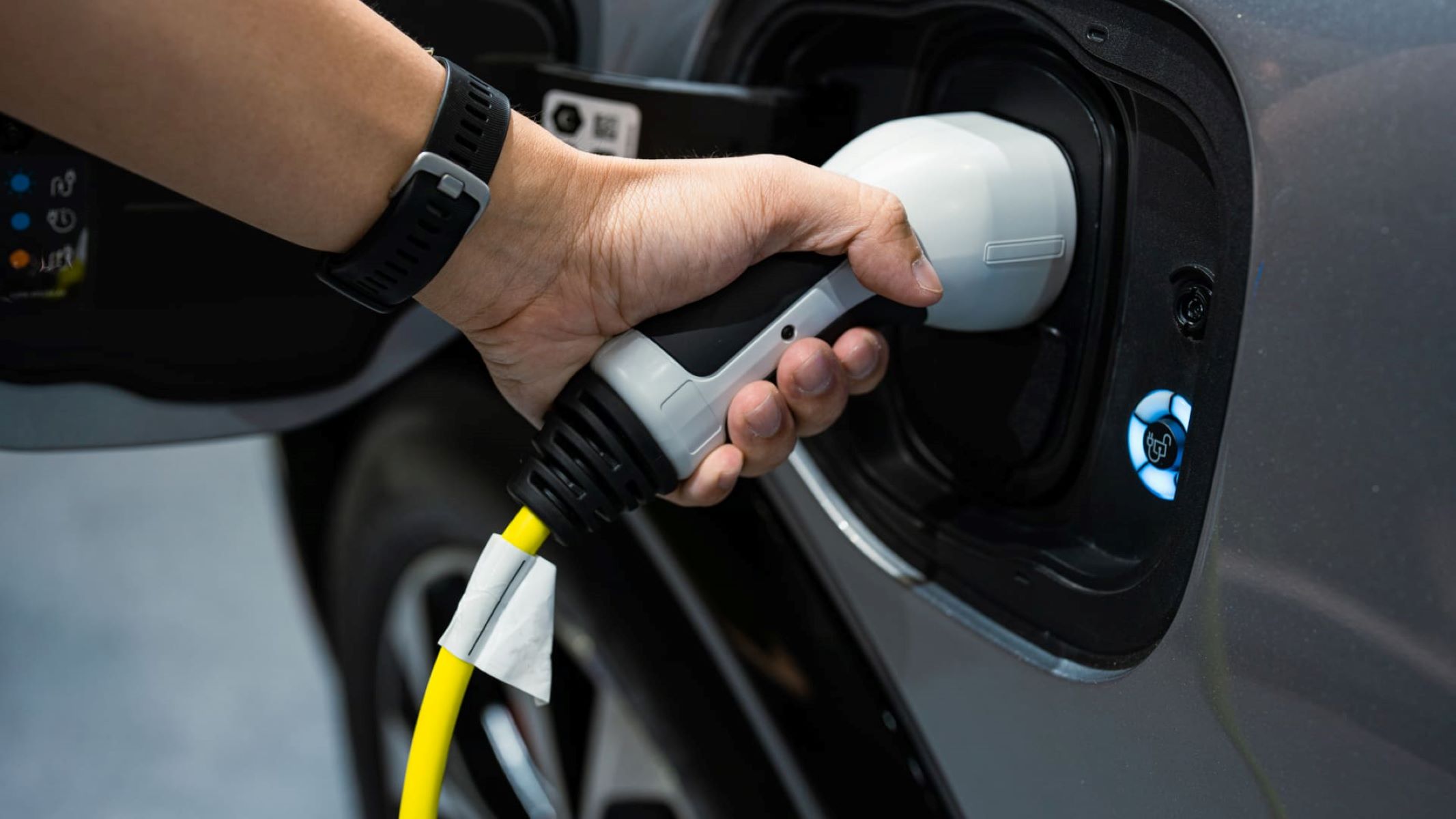

Electrical and Plumbing Systems
Which EV Charger Is Suitable For Home
Modified: January 18, 2024
Looking for the right EV charger for your home? Learn about the best options for your electrical and plumbing systems to make the right choice.
(Many of the links in this article redirect to a specific reviewed product. Your purchase of these products through affiliate links helps to generate commission for Storables.com, at no extra cost. Learn more)
Introduction
As the world embraces sustainable energy solutions, electric vehicles (EVs) have emerged as a prominent choice for environmentally conscious individuals. The convenience of charging an electric vehicle at home further solidifies the appeal of this eco-friendly mode of transportation. However, with a myriad of options available, selecting the right EV charger for home use can be a daunting task. This comprehensive guide aims to simplify the process by providing valuable insights into the types of EV chargers, essential factors to consider when choosing a home EV charger, popular brands in the market, and the installation and maintenance aspects. Whether you are a new EV owner or considering making the switch to electric, this article will equip you with the knowledge needed to make an informed decision and enhance your overall EV charging experience.
Key Takeaways:
- Choose the right EV charger for your home by considering factors like charging speed, compatibility, and smart features. Prioritize safety, reliability, and professional installation for an efficient charging experience.
- Level up your EV charging experience with a reputable brand like ChargePoint, ClipperCreek, or Siemens. Invest in professional installation, regular maintenance, and safety precautions for seamless and reliable home charging.
Level 1: Types of EV Chargers
When it comes to home EV chargers, there are primarily three types to consider, each offering distinct features and charging capabilities:
- Level 1 Chargers: These chargers are the most basic and typically come standard with electric vehicles. They can be plugged into a standard 120-volt outlet, making them convenient for at-home charging without requiring any special installation. However, they tend to charge at a slower rate, adding approximately 2-5 miles of range per hour of charging.
- Level 2 Chargers: Level 2 chargers are the most popular choice for home installations. They require a 240-volt outlet, similar to what an electric dryer or oven uses. This higher voltage allows for much faster charging, adding anywhere from 10-60 miles of range per hour, depending on the charger’s power output. Level 2 chargers are versatile and can be installed indoors or outdoors, providing a convenient and efficient charging solution for most EV owners.
- DC Fast Chargers: Also known as Level 3 chargers, DC fast chargers are designed for rapid charging, making them ideal for public charging stations and long journeys. However, they are less common for home use due to their high cost and complex installation requirements. These chargers can add around 60-80% of an EV’s range in just 20-30 minutes, significantly reducing charging times compared to Level 1 and Level 2 chargers.
Understanding the differences between these charger types is crucial for determining the most suitable option based on your specific needs, driving habits, and budget.
Level 1: Factors to Consider When Choosing a Home EV Charger
Before investing in a home EV charger, several key factors should be taken into account to ensure that the chosen charger aligns with your requirements and complements your lifestyle. Here are the essential considerations:
- Charging Speed: Assess your daily driving habits and determine the required charging speed. Level 2 chargers are well-suited for most homeowners due to their faster charging capabilities, but if you have a shorter daily commute, a Level 1 charger might suffice.
- Compatibility: Ensure that the charger is compatible with your electric vehicle. Different EV models have varying plug types and charging requirements, so it’s crucial to select a charger that is specifically designed for your vehicle make and model.
- Installation Requirements: Consider the installation logistics, including the availability of a suitable electrical circuit and the proximity of the charging location to your parking space. Level 2 chargers typically require professional installation and a dedicated 240-volt outlet, while Level 1 chargers can be plugged into a standard 120-volt outlet without the need for special wiring.
- Smart Features: Some EV chargers come equipped with smart capabilities, allowing users to monitor and schedule charging sessions remotely through a mobile app. These features can enhance convenience and energy management, providing insights into energy consumption and optimizing charging times based on off-peak electricity rates.
- Weatherproofing: If you intend to install the charger outdoors, ensure that it is designed to withstand various weather conditions. Weatherproof and durable construction is essential for outdoor installations to ensure the longevity and safety of the charger.
- Warranty and Support: Evaluate the warranty coverage and after-sales support offered by the charger manufacturer. A reliable warranty and responsive customer support can provide peace of mind and assistance in the event of any technical issues or concerns.
By carefully considering these factors, you can make an informed decision when selecting a home EV charger that caters to your specific needs and seamlessly integrates into your daily routine.
When choosing an EV charger for home, consider the charging speed, compatibility with your car, and installation cost. Level 2 chargers are a good option for faster charging at home.
Level 1: Popular Home EV Charger Brands
Several reputable brands have established themselves as leaders in the home EV charging market, offering a range of innovative and reliable charging solutions. Here are some popular home EV charger brands renowned for their quality, performance, and user-friendly features:
- ChargePoint: With a focus on smart charging solutions, ChargePoint offers a diverse lineup of home EV chargers equipped with advanced connectivity features. Their chargers are known for their user-friendly interfaces, energy management capabilities, and seamless integration with smart home systems.
- ClipperCreek: Recognized for their robust and durable chargers, ClipperCreek provides a wide selection of Level 2 chargers designed for residential use. Their chargers are known for their reliability, weatherproof construction, and straightforward installation, making them a popular choice among homeowners.
- Siemens: Siemens offers a range of Level 2 home chargers known for their quality engineering and versatile features. Their chargers are designed to deliver efficient and high-powered charging while incorporating safety features and compatibility with various electric vehicle models.
- juicebox: Known for their sleek and compact designs, juicebox offers a range of smart home EV chargers with Wi-Fi connectivity and energy monitoring capabilities. Their chargers are designed to optimize charging efficiency and provide users with insights into their energy consumption and charging patterns.
- AeroVironment: AeroVironment specializes in reliable and high-performance home EV chargers, offering both Level 2 and DC fast charging solutions. Their chargers are lauded for their durability, intuitive operation, and compatibility with a wide range of electric vehicles.
These brands have earned the trust of consumers and are known for their commitment to quality, safety, and technological innovation, making them popular choices for homeowners seeking dependable and efficient EV charging solutions.
Level 1: Installation and Maintenance of Home EV Chargers
Installing a home EV charger requires careful consideration of electrical requirements, location, and safety measures. While professional installation is recommended for Level 2 chargers, some homeowners may opt for DIY installation of Level 1 chargers. Here are the essential aspects of installation and maintenance to keep in mind:
- Professional Installation: For Level 2 chargers, it is advisable to enlist the services of a qualified electrician to ensure proper installation, compliance with local electrical codes, and the addition of a dedicated 240-volt circuit. Professional installation helps mitigate safety risks and ensures optimal performance of the charger.
- Location Considerations: When determining the placement of the charger, consider factors such as proximity to the electrical panel, accessibility for the vehicle, and weather protection if installed outdoors. Additionally, ensure that the installation complies with local regulations and building codes.
- Maintenance Guidelines: Regular maintenance of the EV charger is essential to ensure its longevity and optimal performance. This includes periodic inspection of the charging cable, plug, and connector for any signs of wear or damage. Additionally, keeping the charging port clean and free from debris is crucial to maintain a secure connection during charging sessions.
- Software Updates: Some smart EV chargers may require periodic software updates to enhance functionality and security. Stay informed about firmware updates provided by the manufacturer and ensure that the charger’s software is up to date for seamless operation and access to the latest features.
- Safety Precautions: Adhering to safety guidelines while using and maintaining the EV charger is paramount. This includes avoiding overloading electrical circuits, using the charger as intended by the manufacturer, and promptly addressing any technical issues or anomalies observed during charging sessions.
By prioritizing professional installation, adhering to maintenance guidelines, and observing safety precautions, homeowners can ensure the reliable and safe operation of their home EV chargers, contributing to a seamless and efficient charging experience for their electric vehicles.
Read more: What Is An EV Charger
Level 1: Conclusion
Choosing the right EV charger for your home is a significant decision that can greatly impact your overall electric vehicle ownership experience. By understanding the different types of chargers, considering essential factors such as charging speed and compatibility, exploring popular brands, and recognizing the installation and maintenance requirements, you can make an informed choice that aligns with your specific needs and preferences.
Whether you opt for the convenience of a Level 1 charger, the versatility of a Level 2 charger, or the rapid charging capabilities of a Level 3 charger, the key is to prioritize safety, efficiency, and long-term reliability. Selecting a reputable brand known for quality engineering and user-friendly features can further enhance your charging experience and provide peace of mind.
Additionally, investing in professional installation, adhering to maintenance guidelines, and staying informed about software updates and safety precautions are essential steps in ensuring the optimal performance and longevity of your home EV charger.
As the electric vehicle market continues to expand, advancements in charging technology and infrastructure are poised to further improve the accessibility and efficiency of home charging solutions. By staying informed and proactive, homeowners can seamlessly integrate electric vehicles into their daily lives, contributing to a sustainable and eco-conscious transportation ecosystem.
Ultimately, the journey towards selecting and installing a home EV charger is not only about embracing innovative technology but also about making a conscious commitment to environmental sustainability and energy efficiency.
Frequently Asked Questions about Which EV Charger Is Suitable For Home
Was this page helpful?
At Storables.com, we guarantee accurate and reliable information. Our content, validated by Expert Board Contributors, is crafted following stringent Editorial Policies. We're committed to providing you with well-researched, expert-backed insights for all your informational needs.
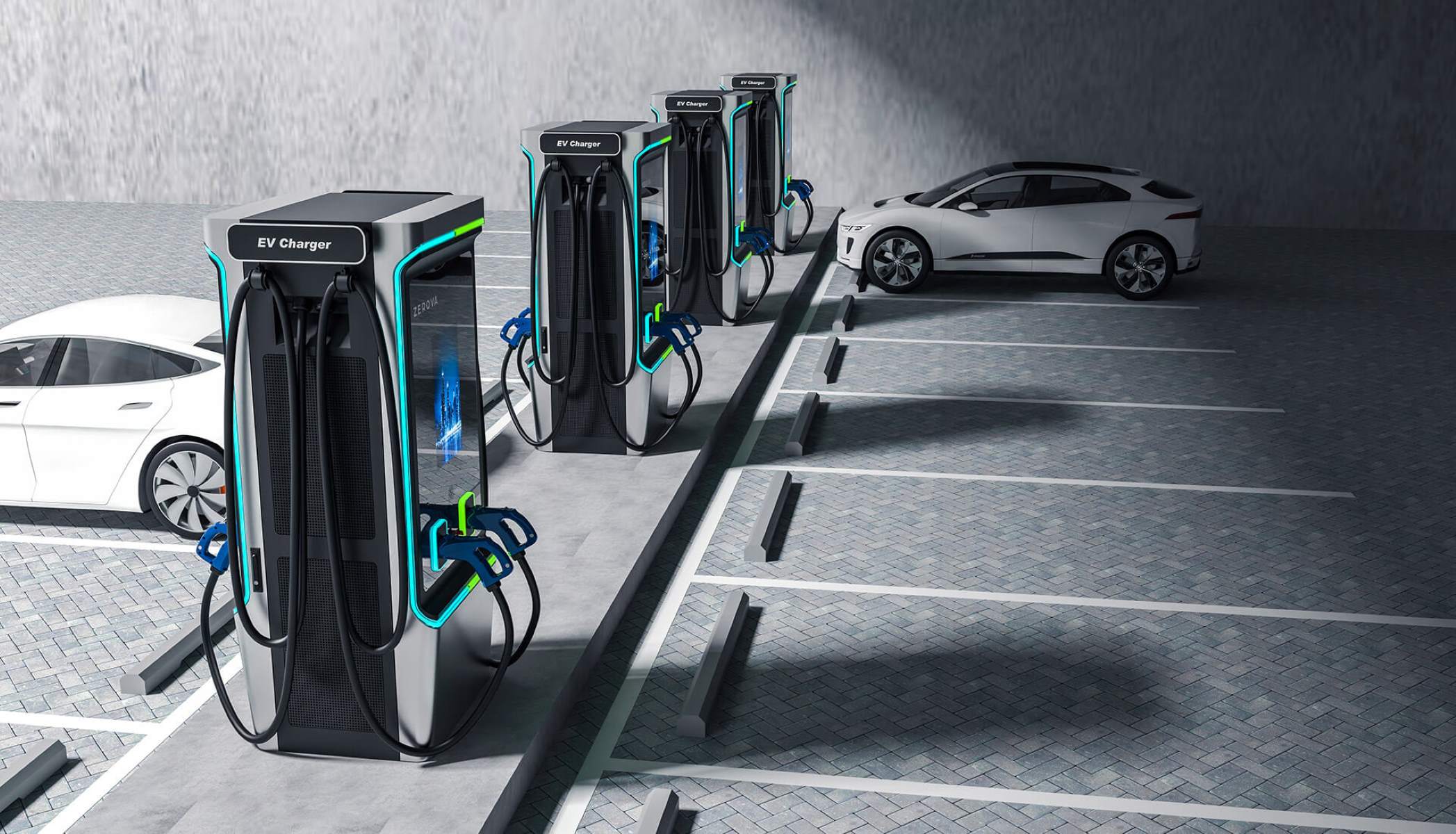

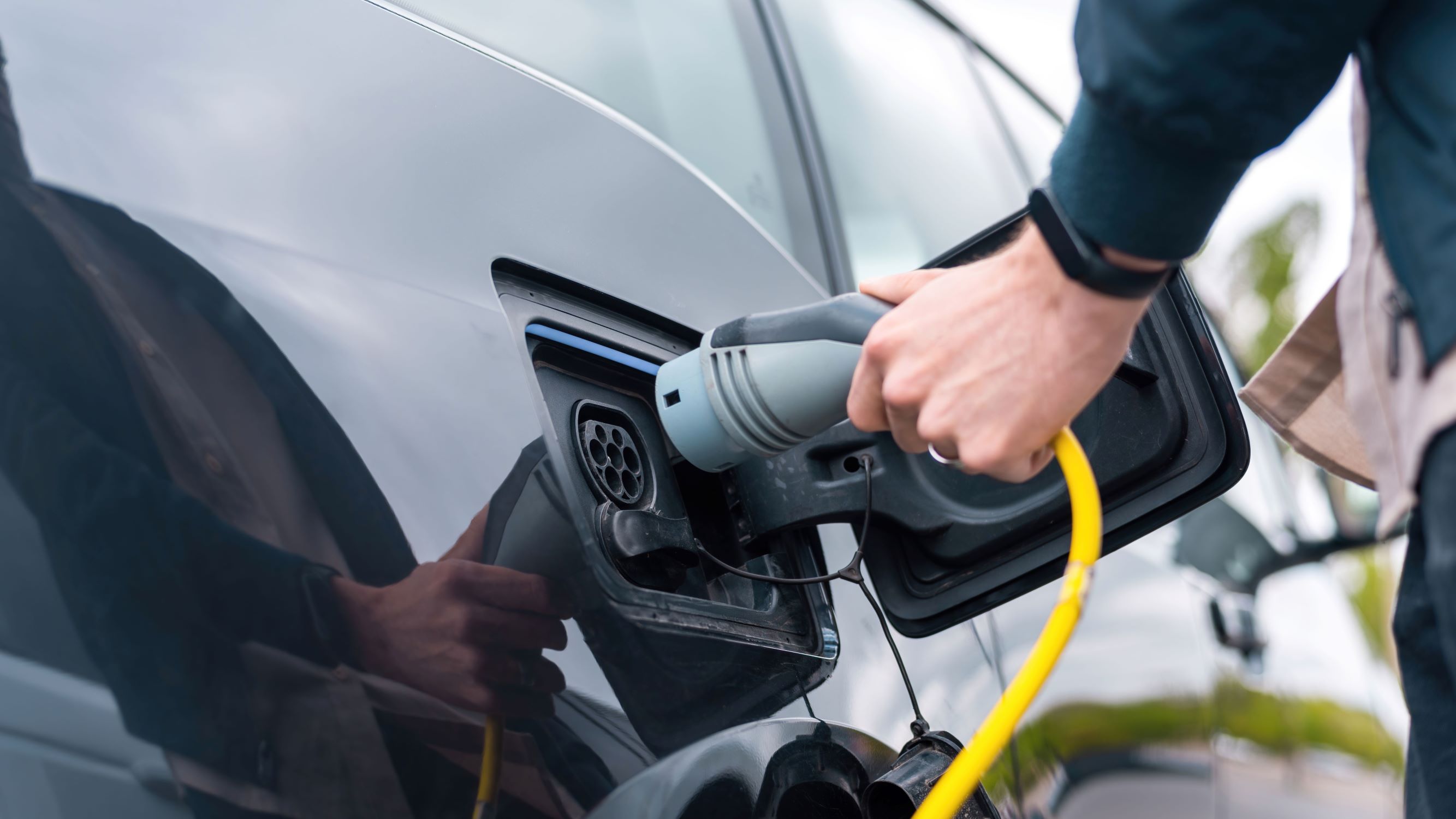
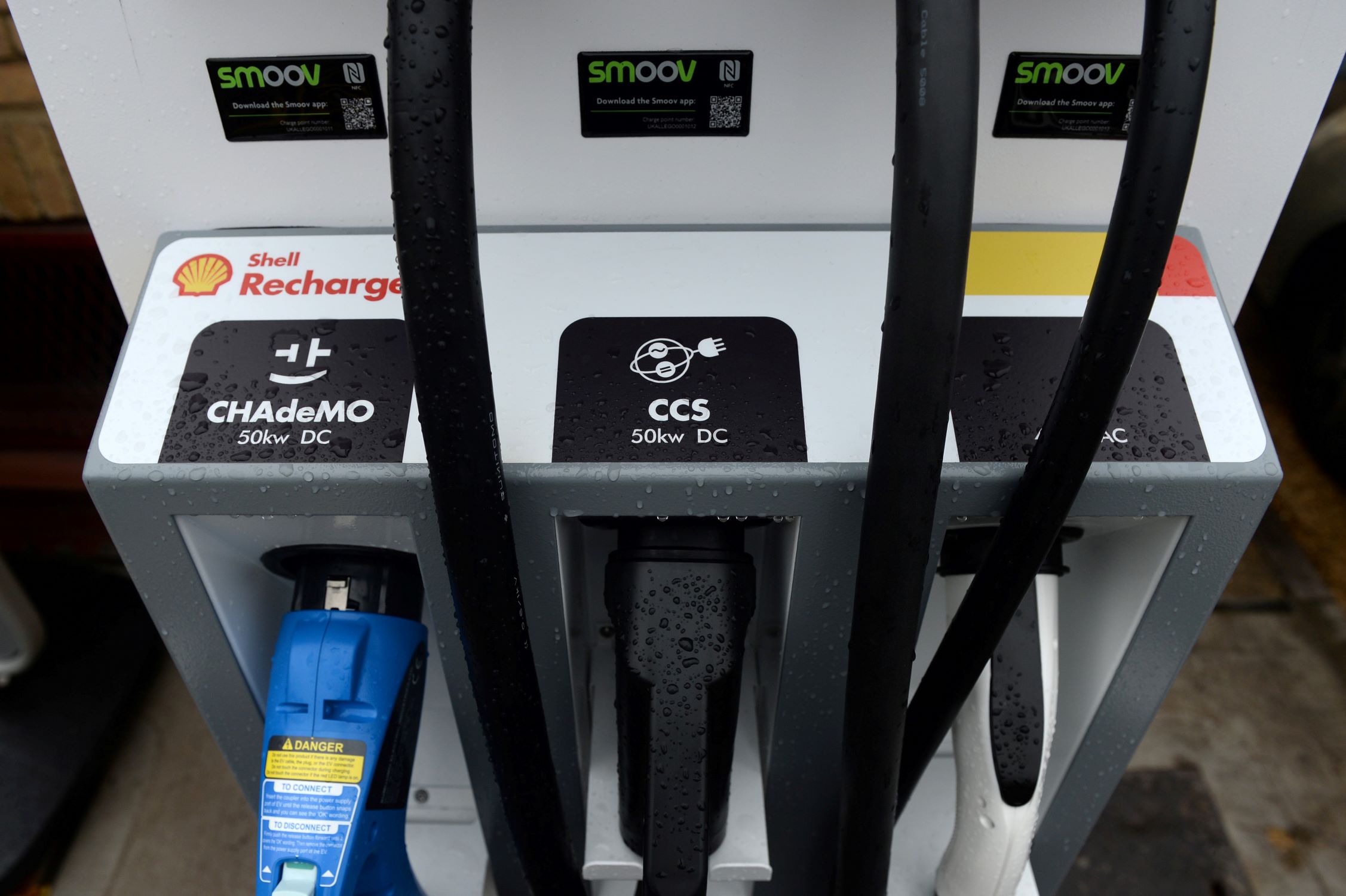
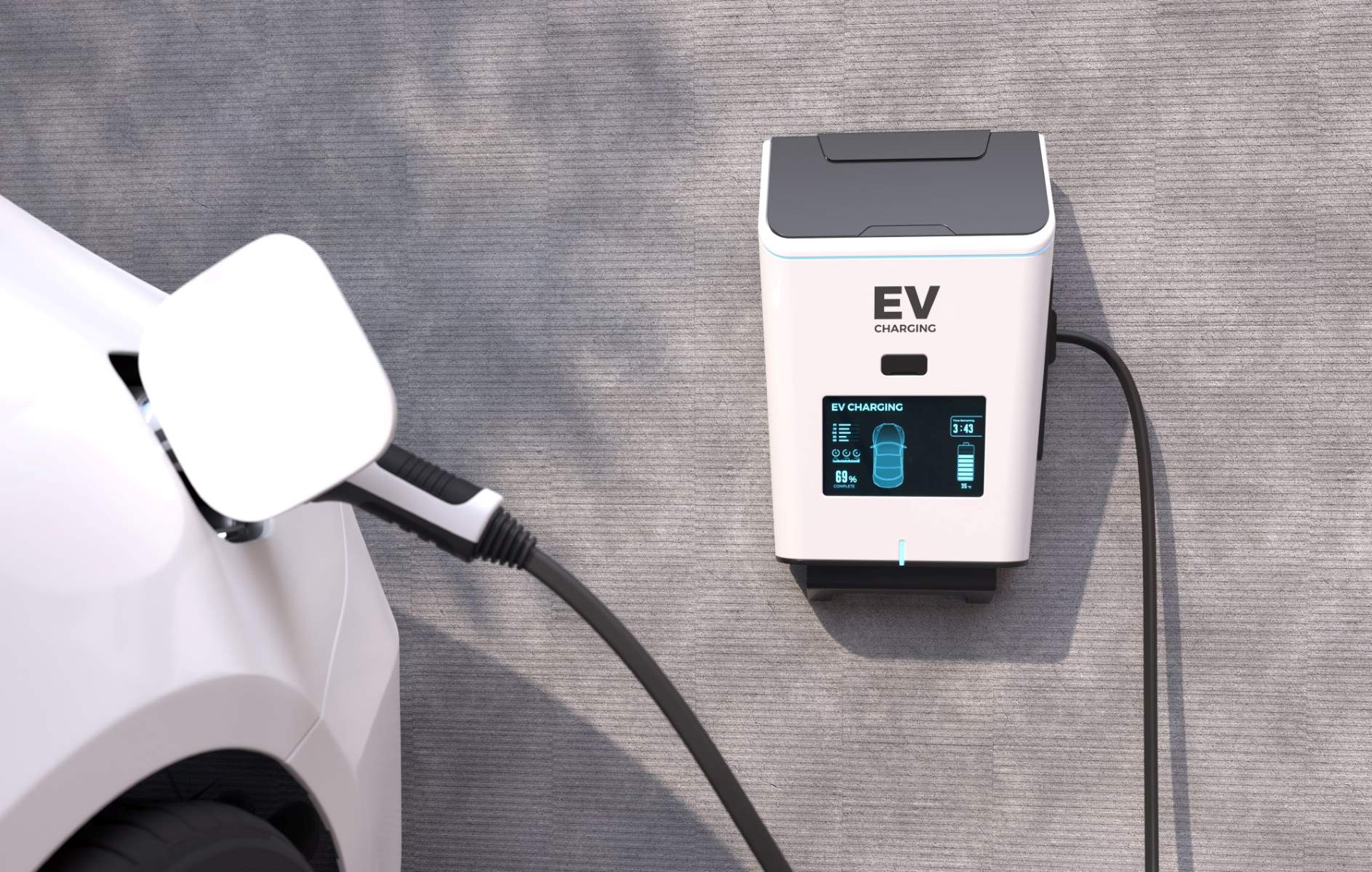
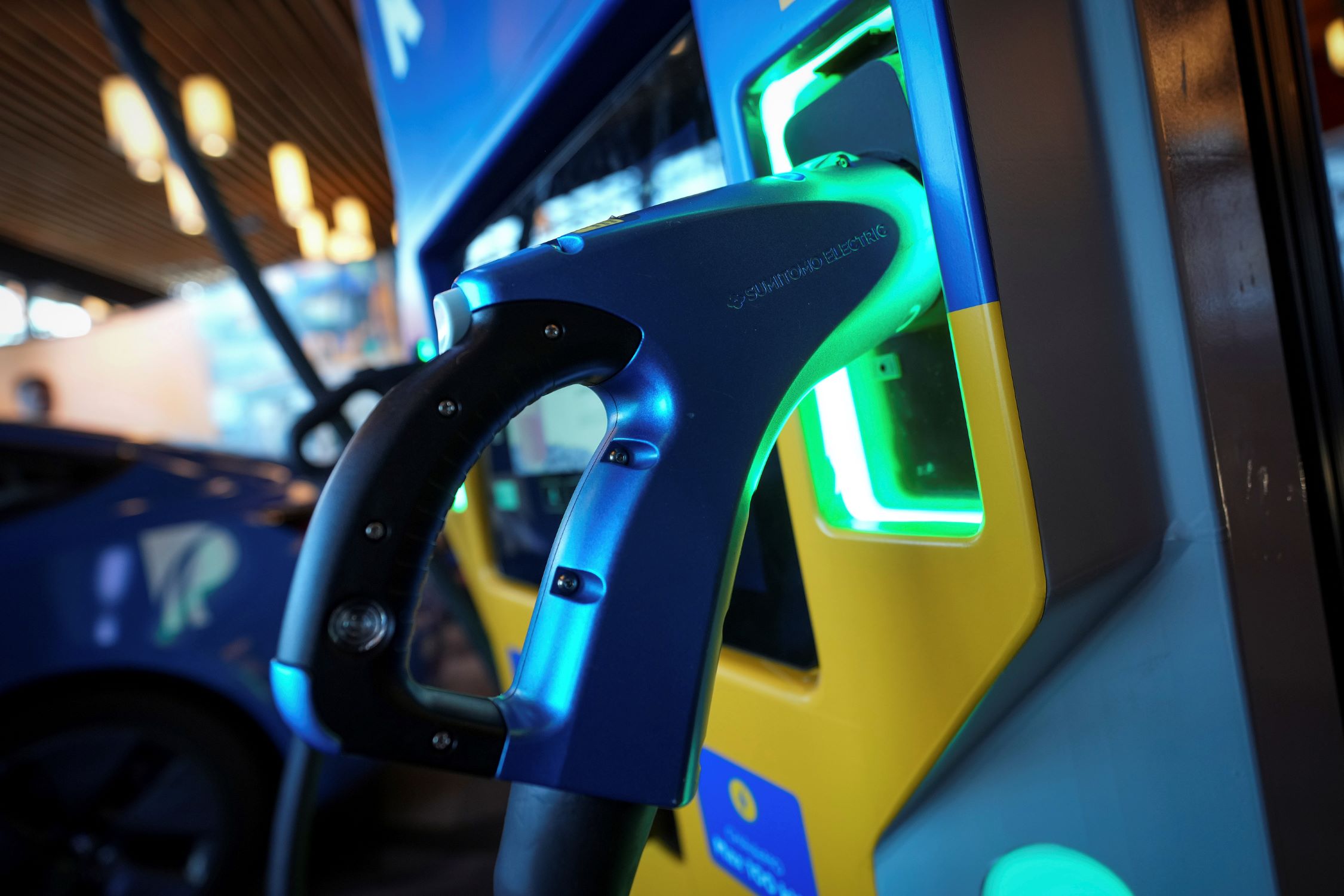
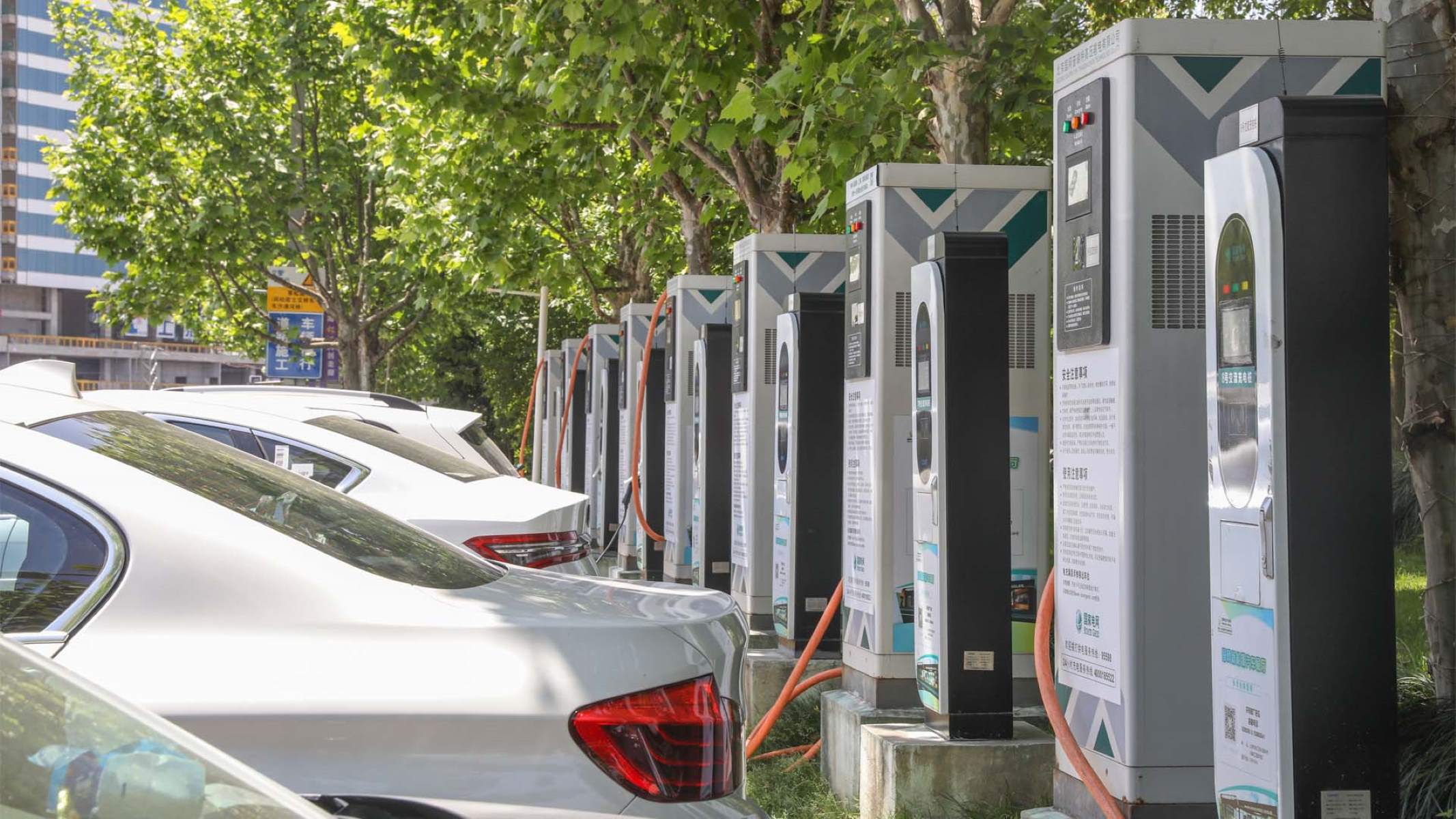
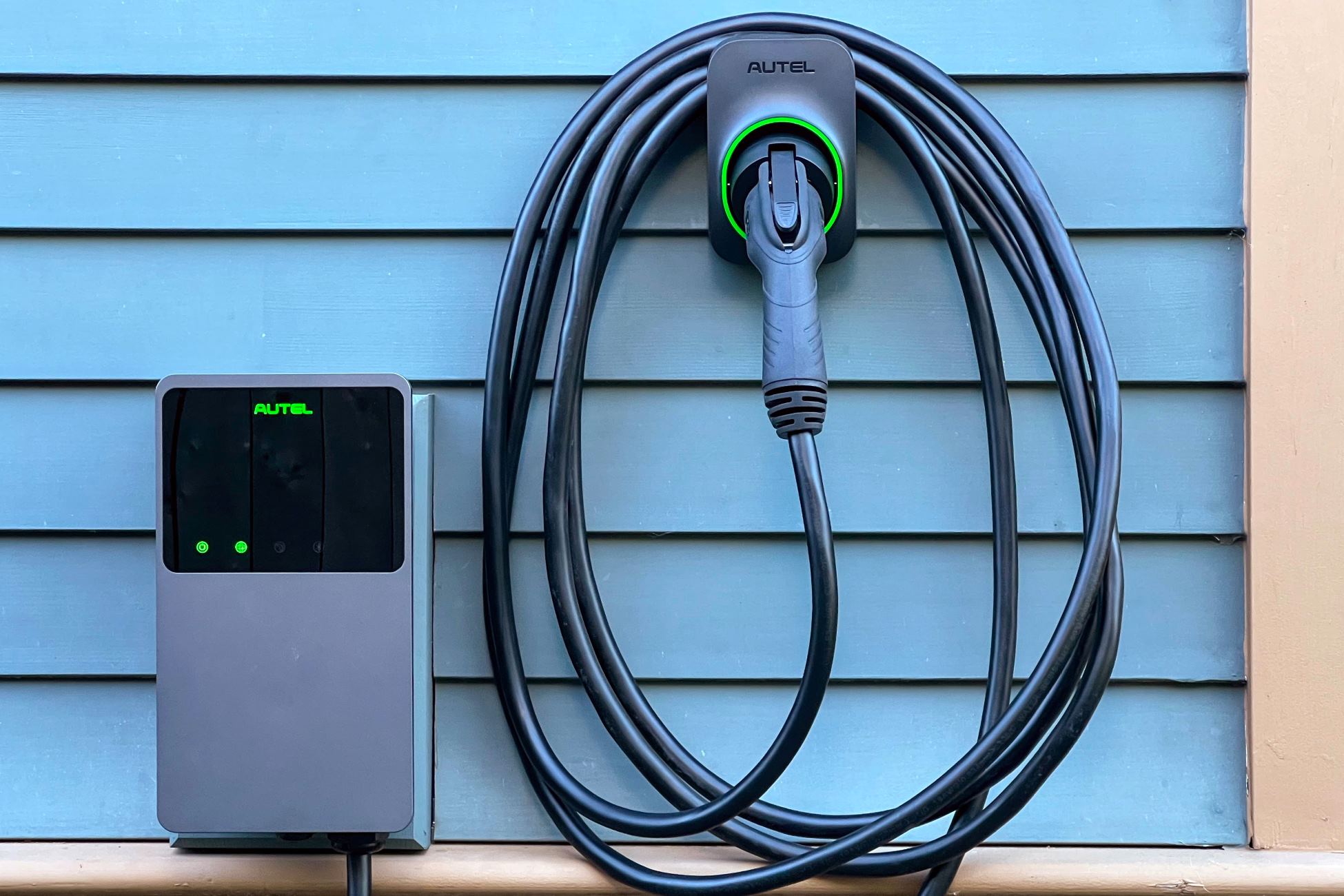
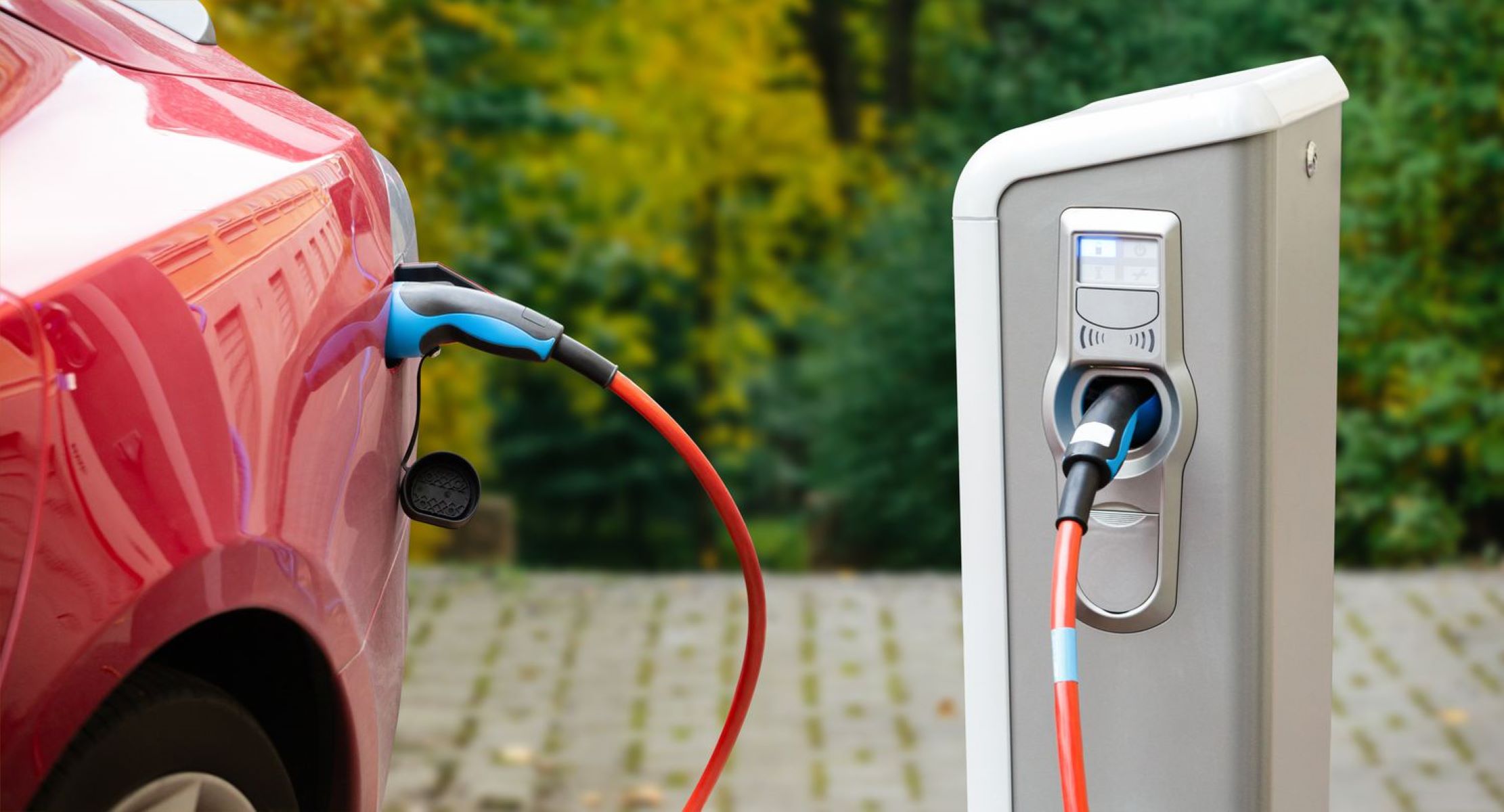

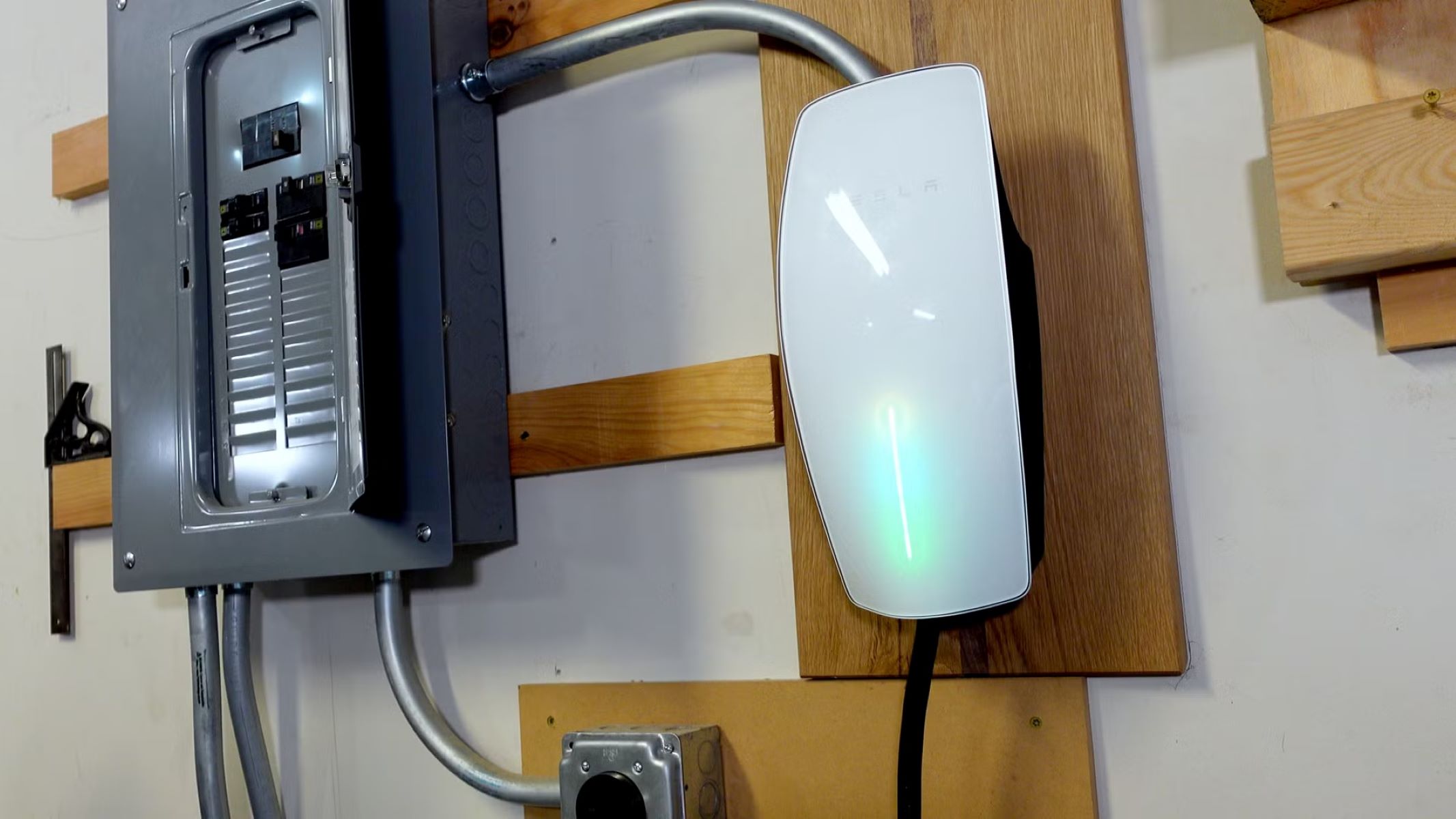
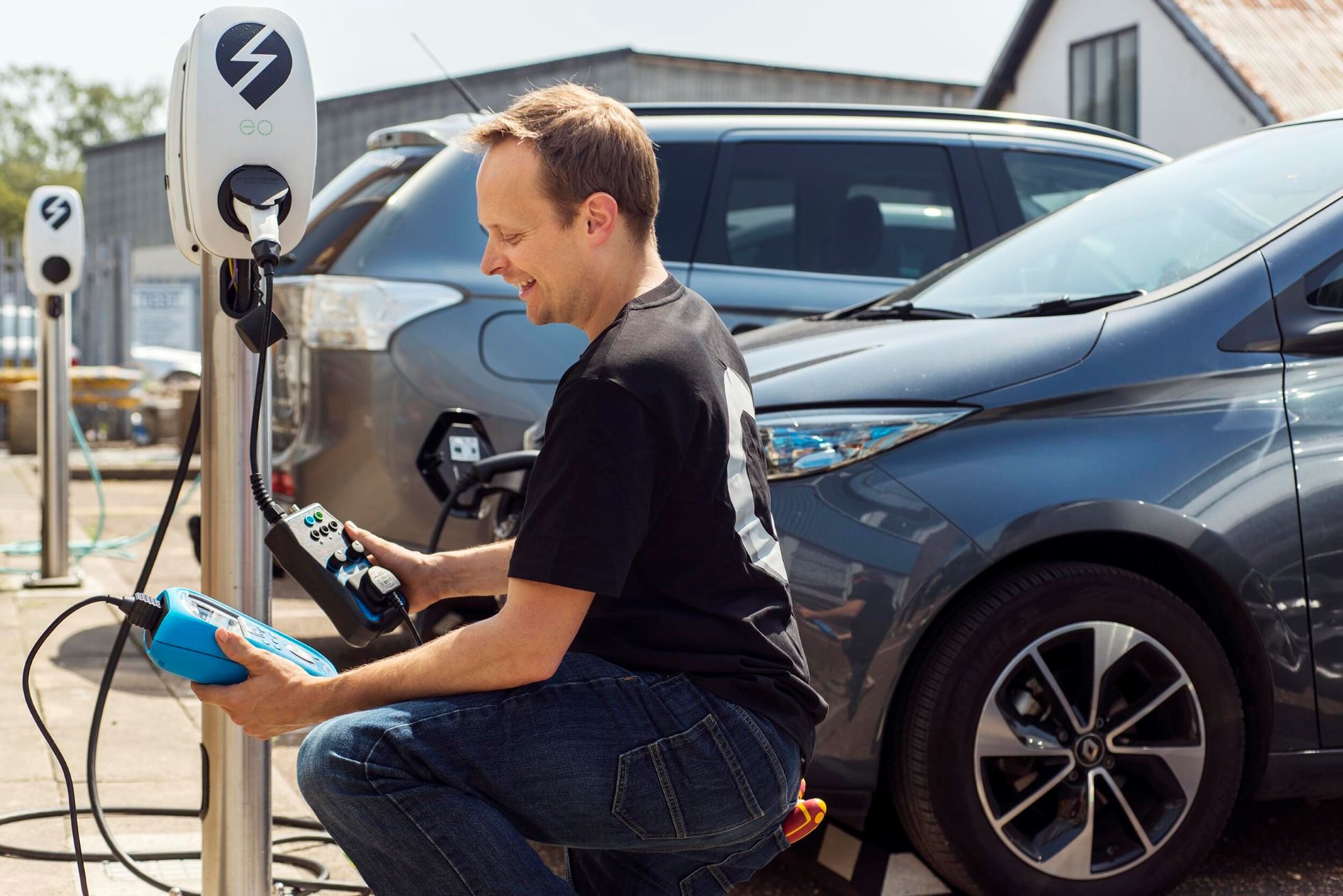
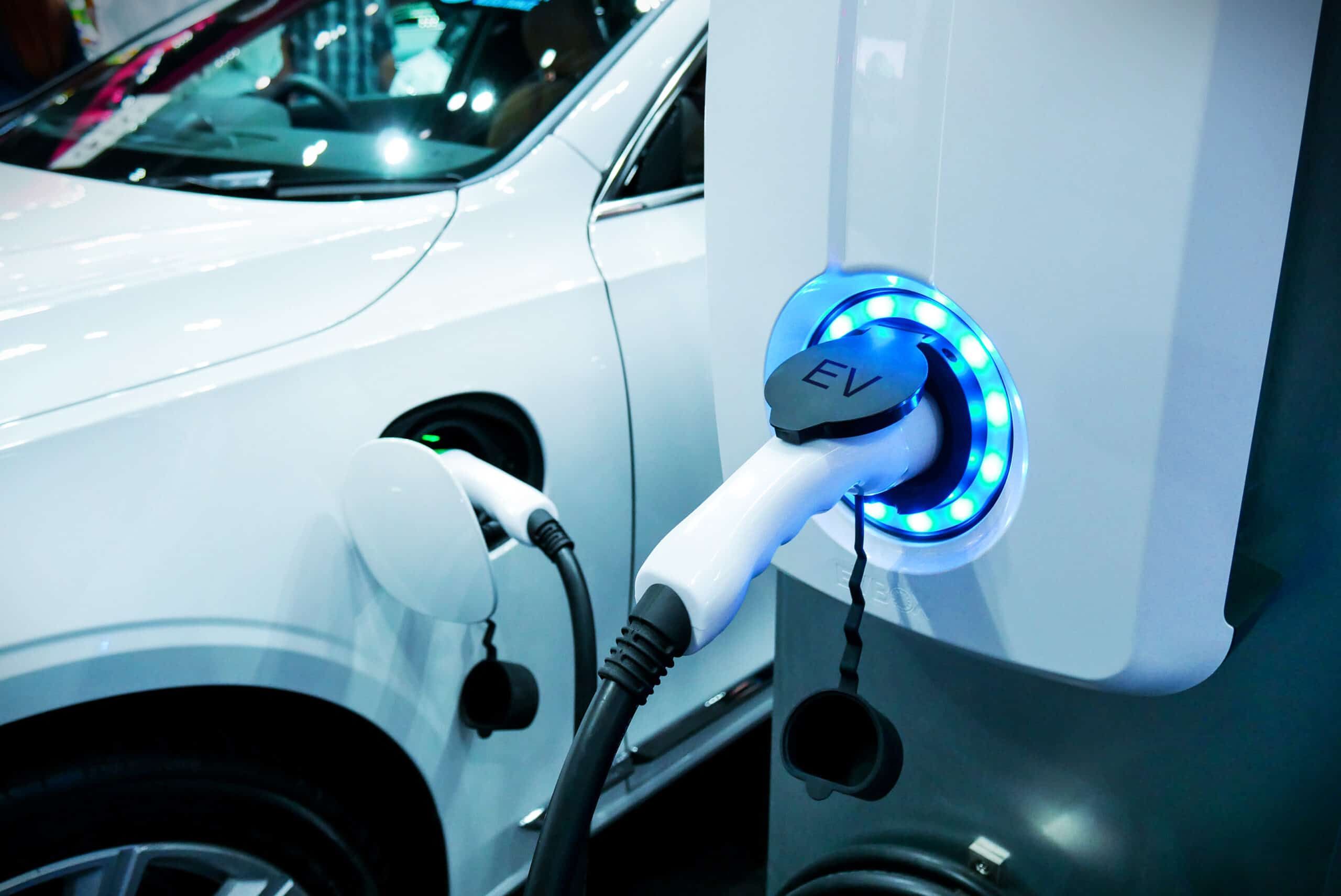
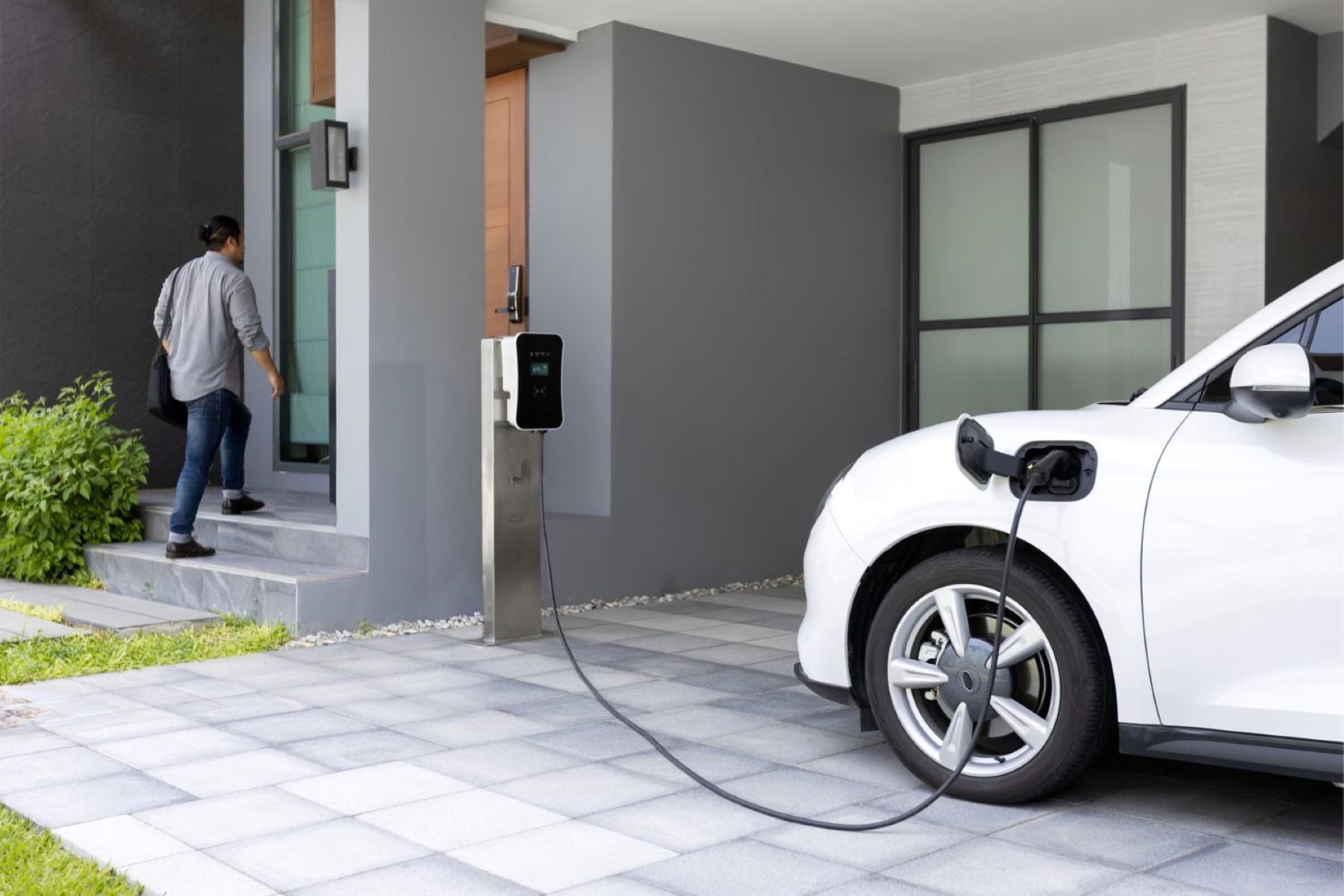

0 thoughts on “Which EV Charger Is Suitable For Home”